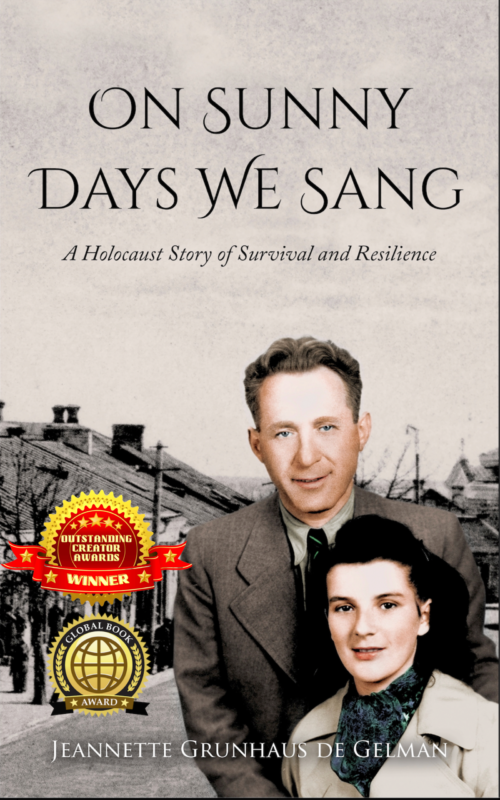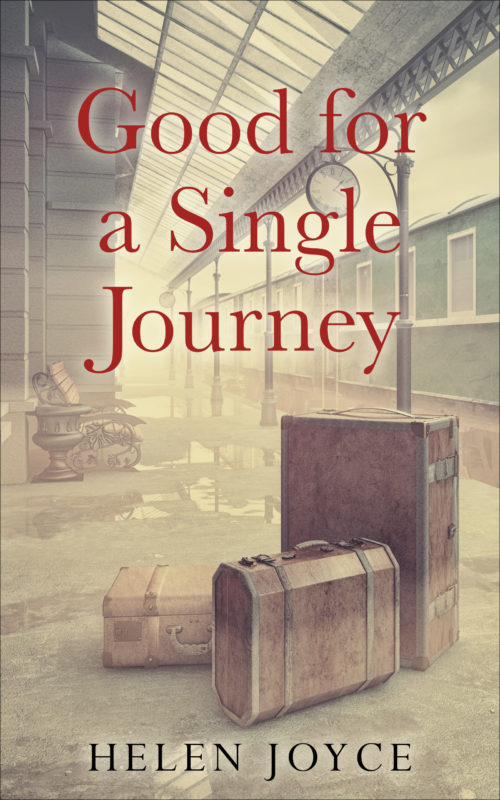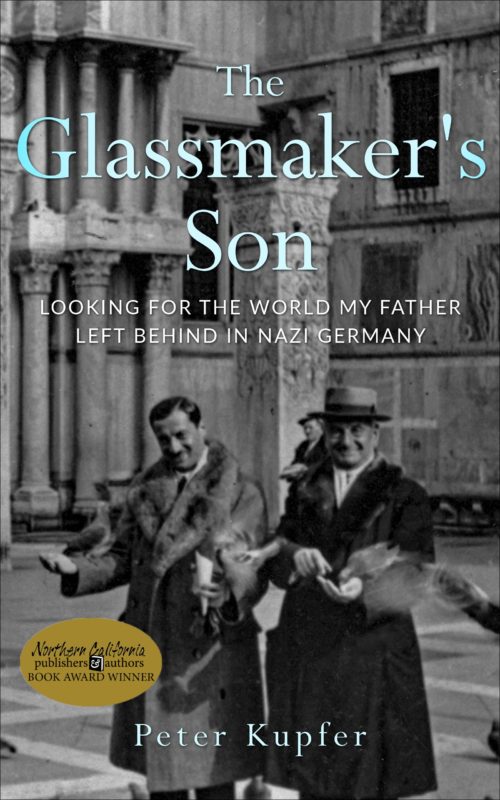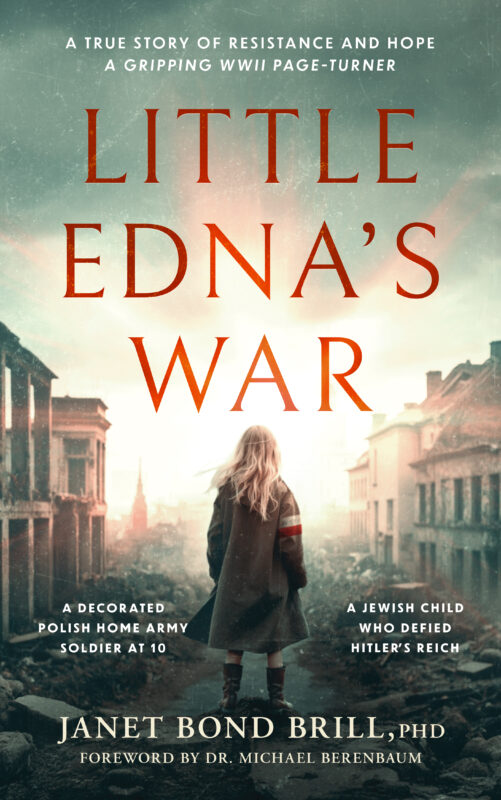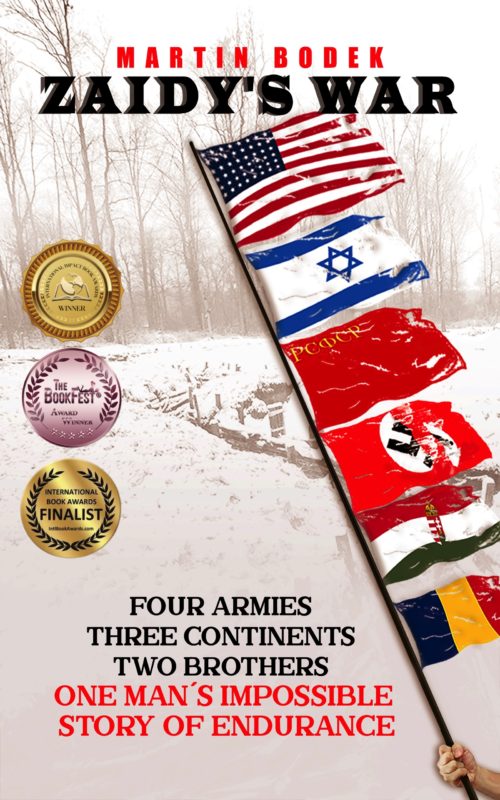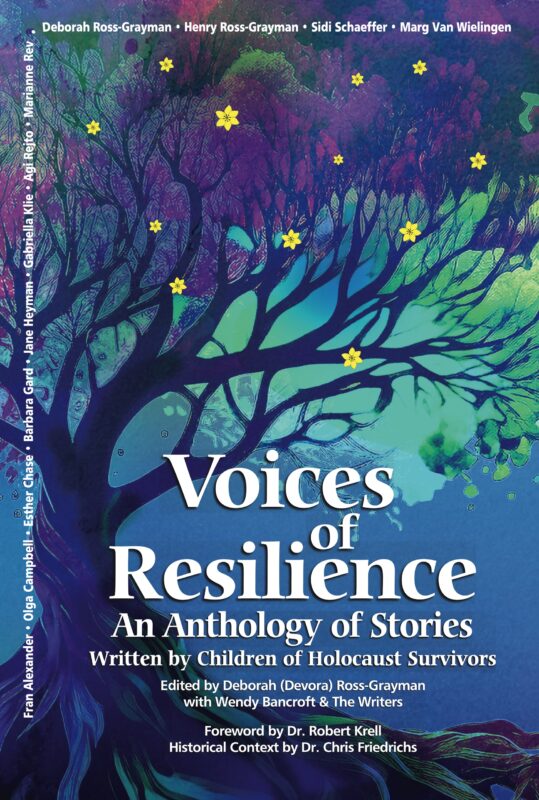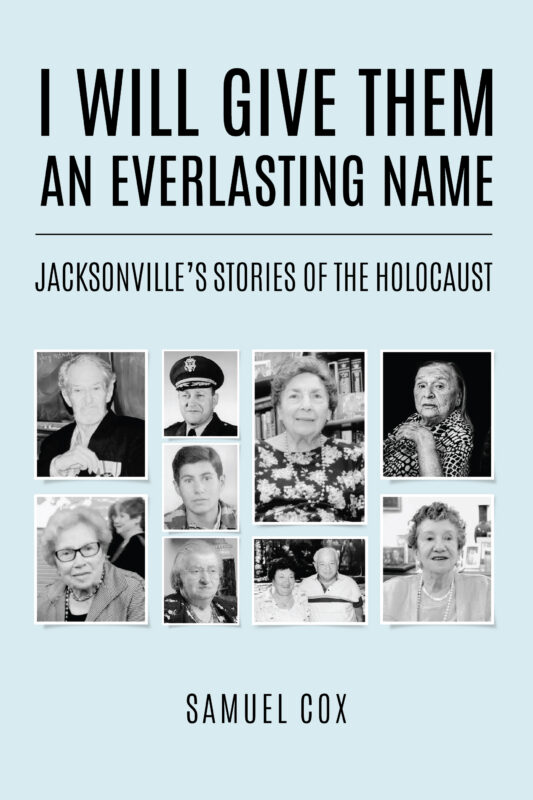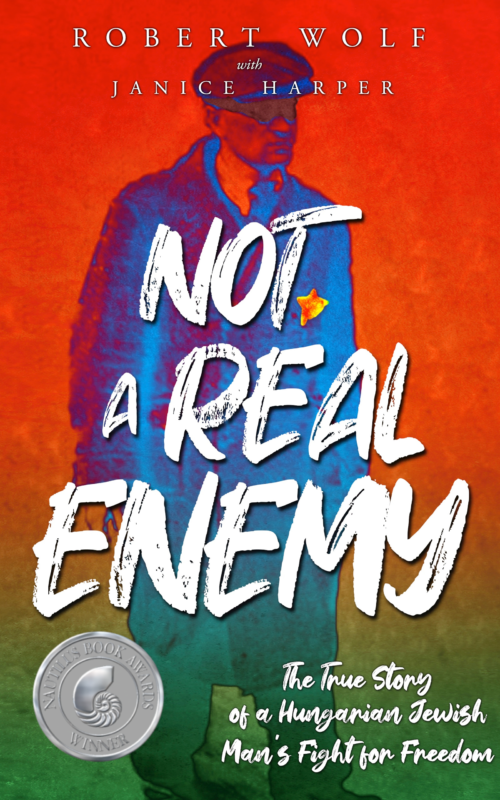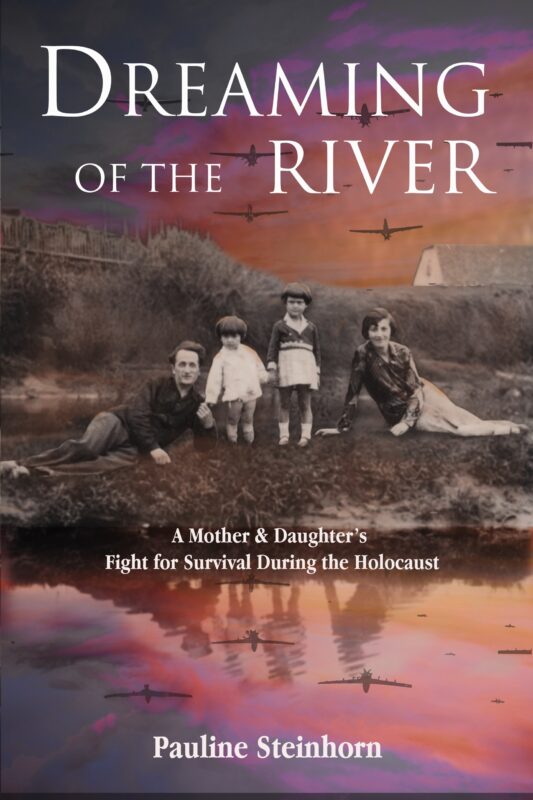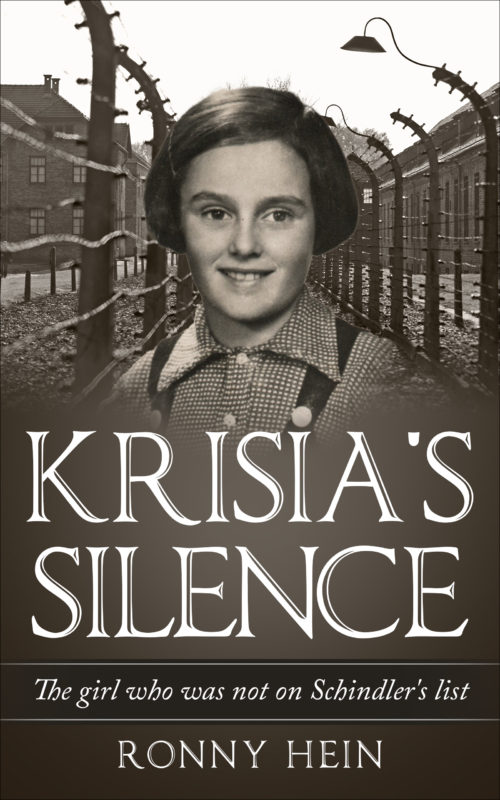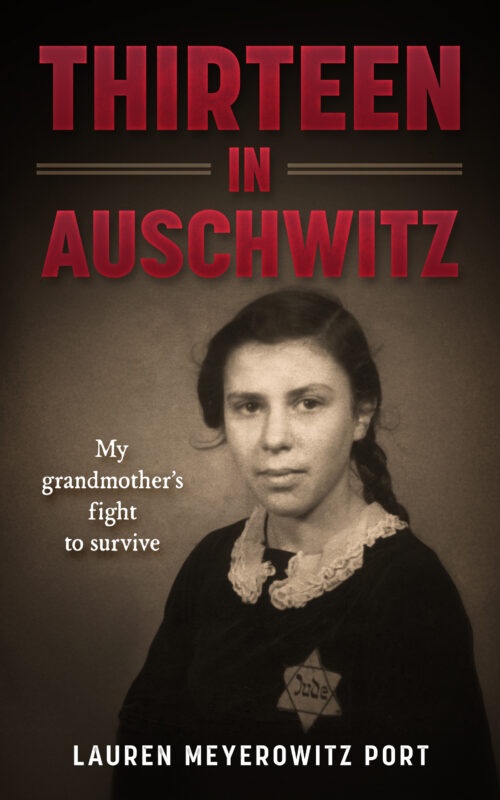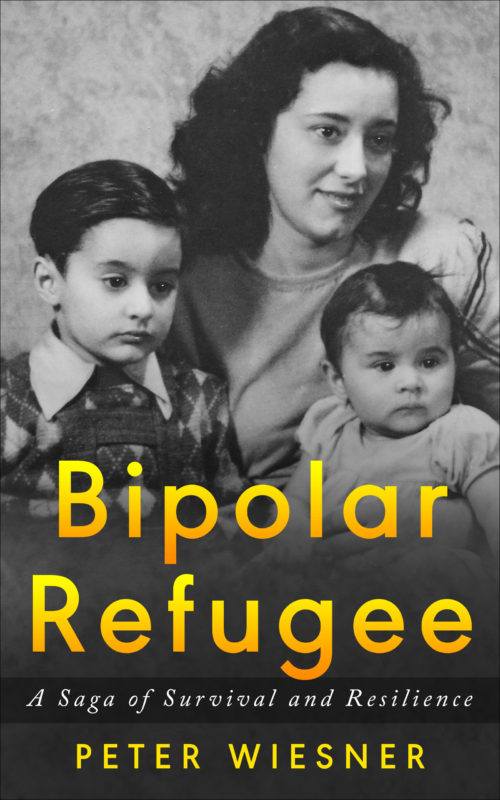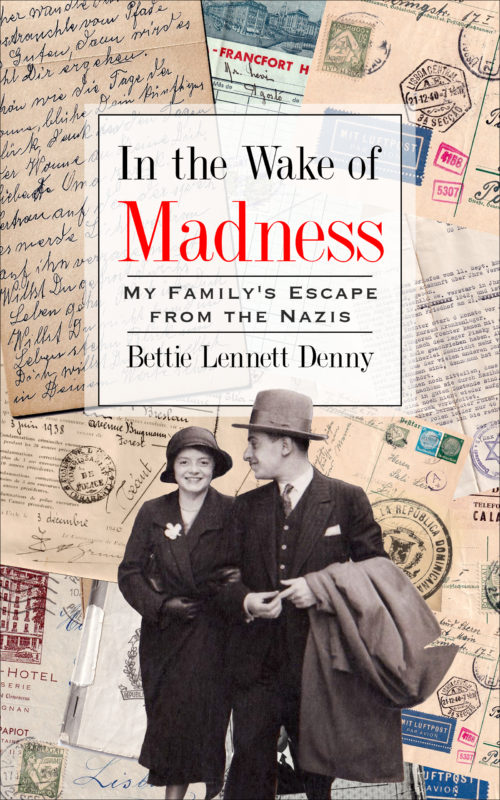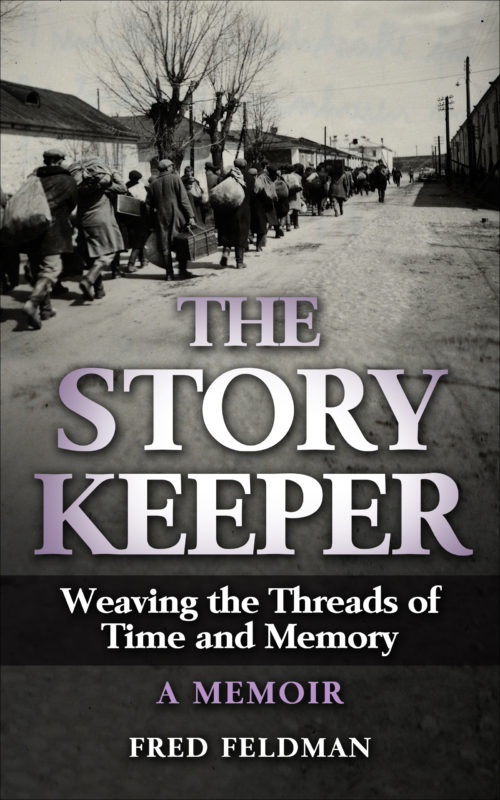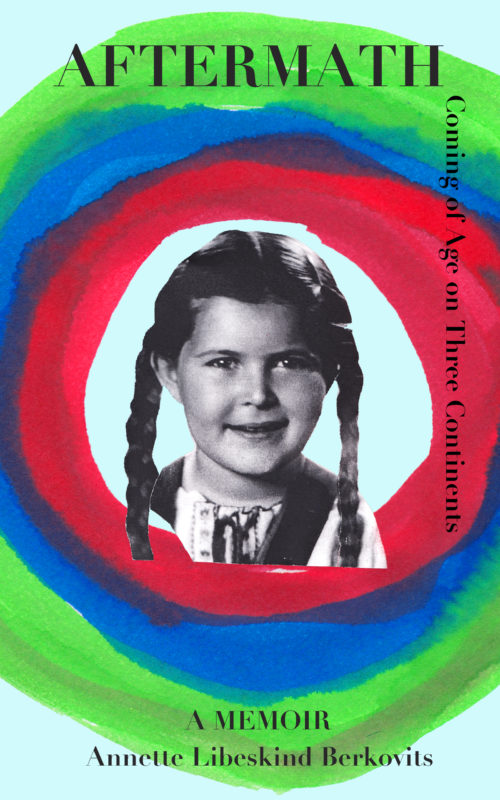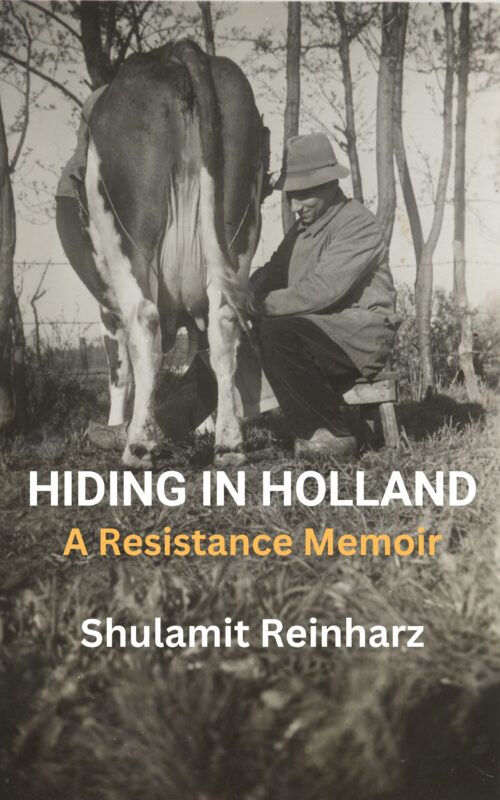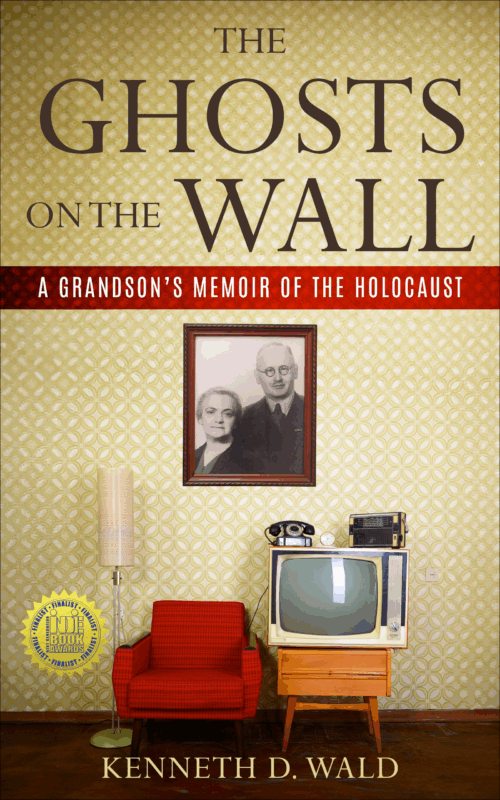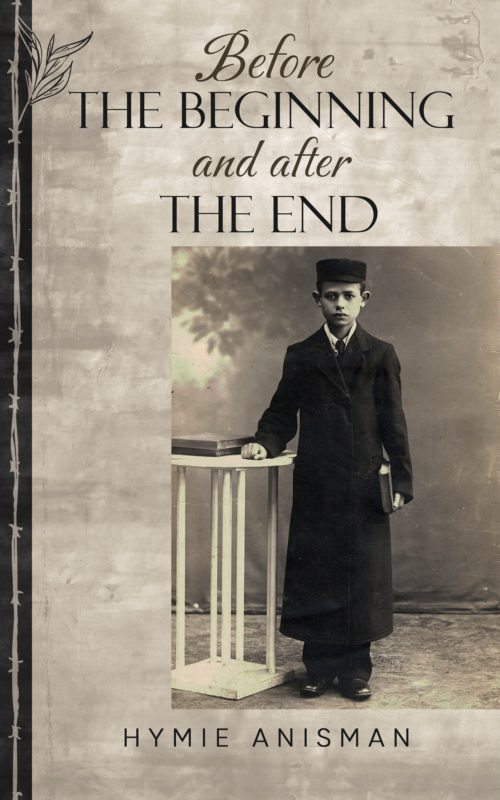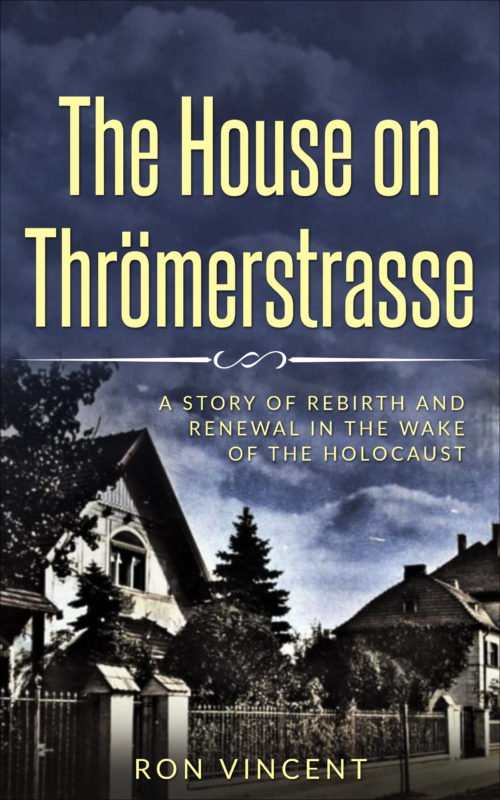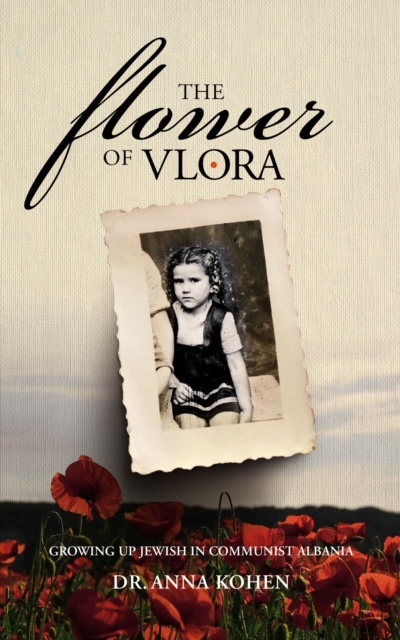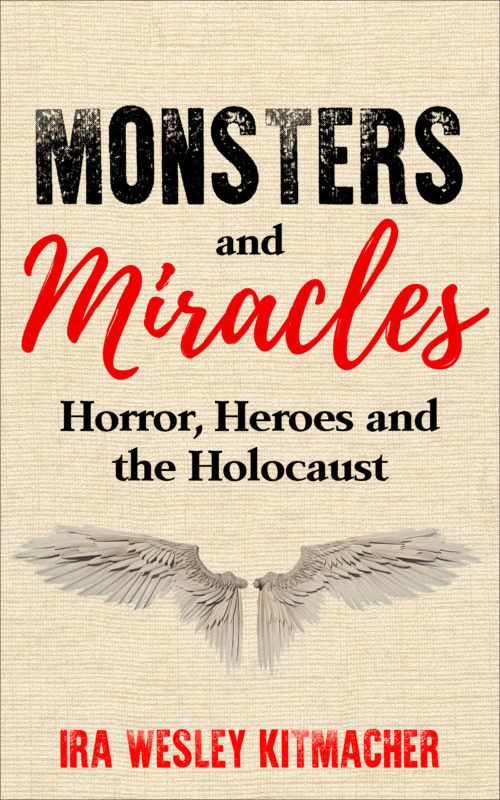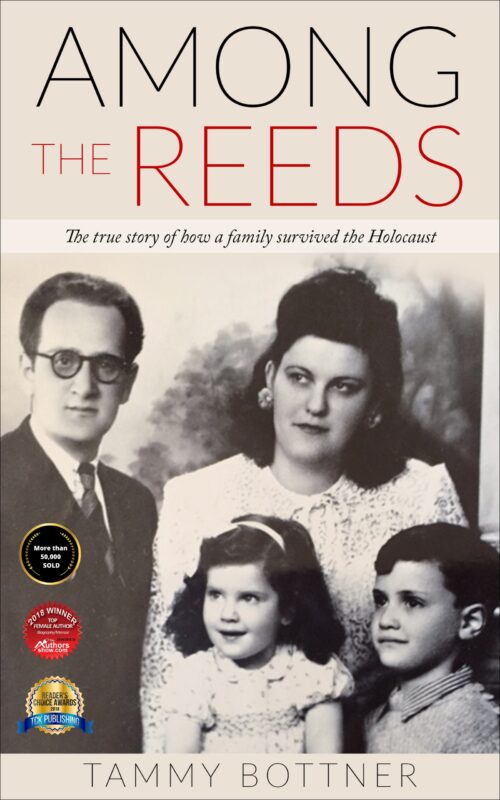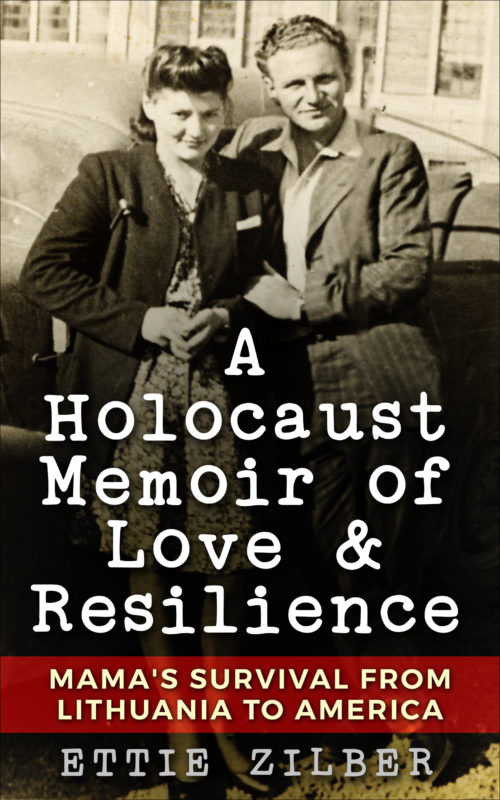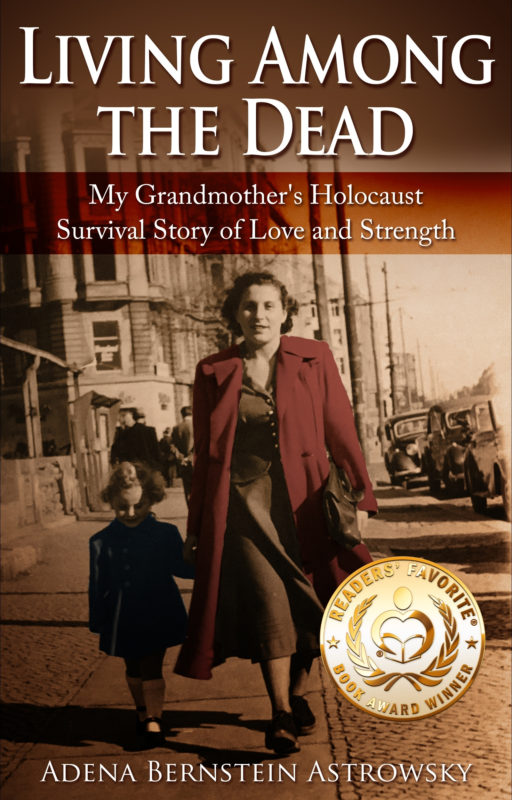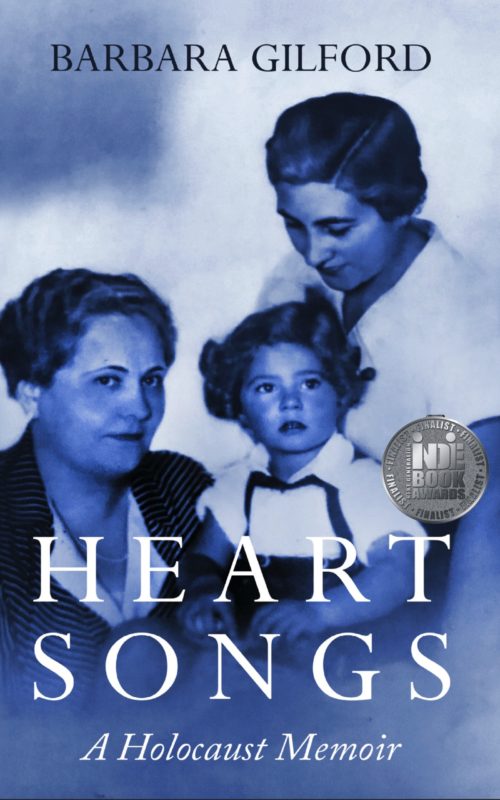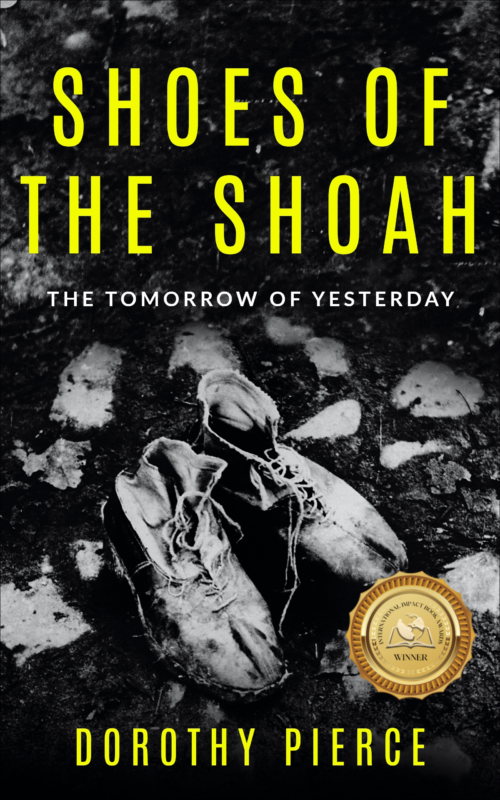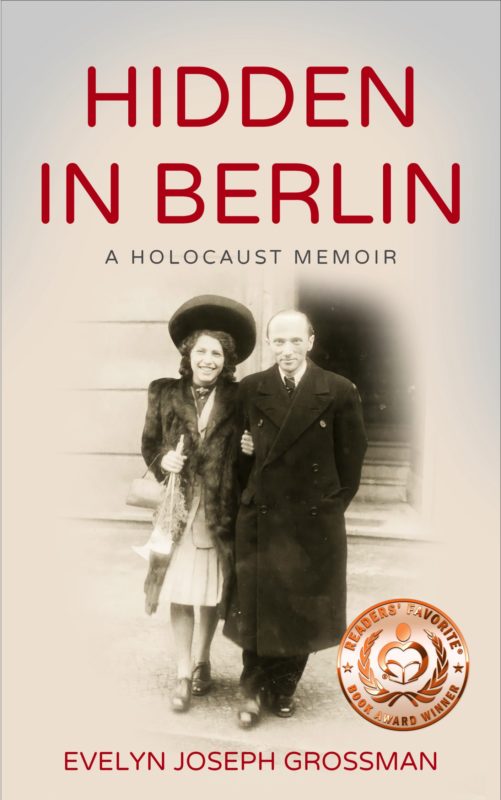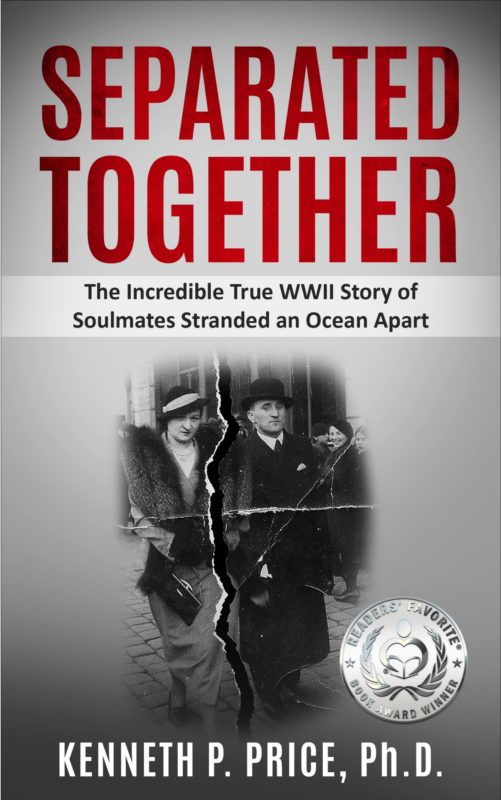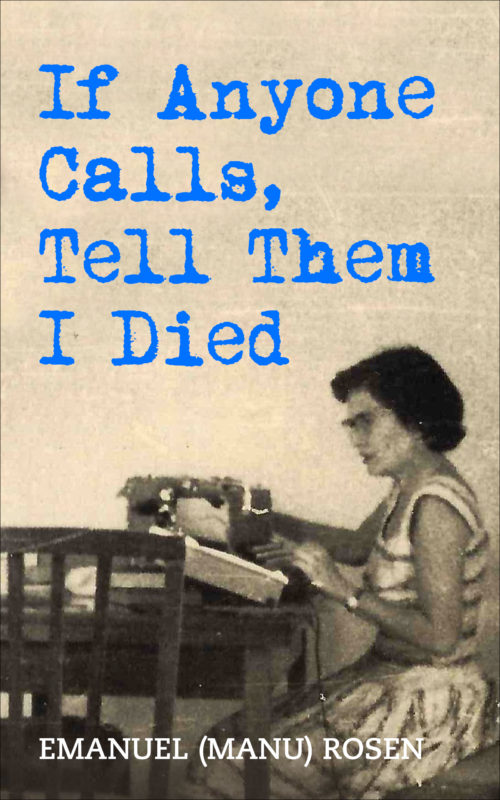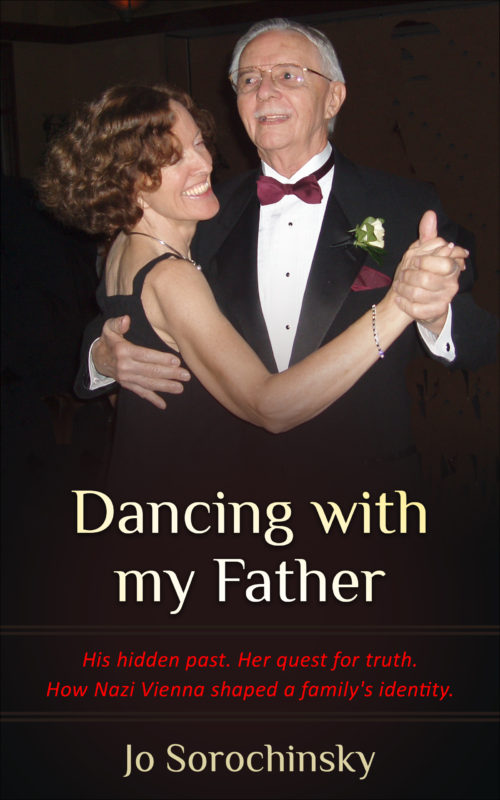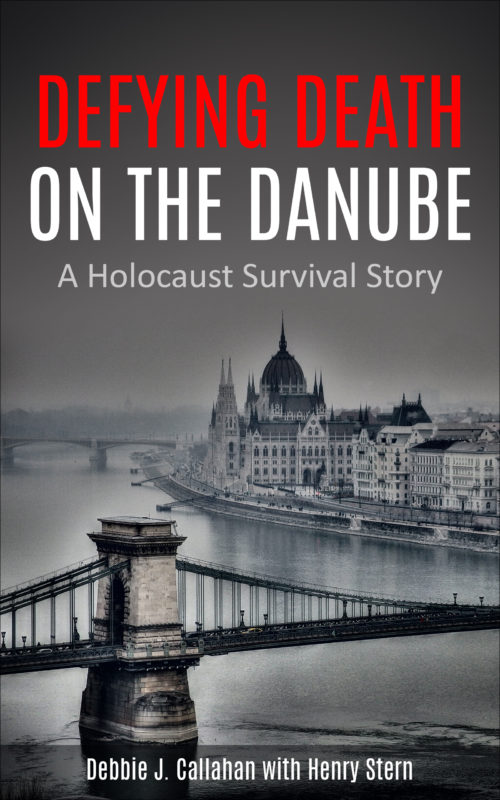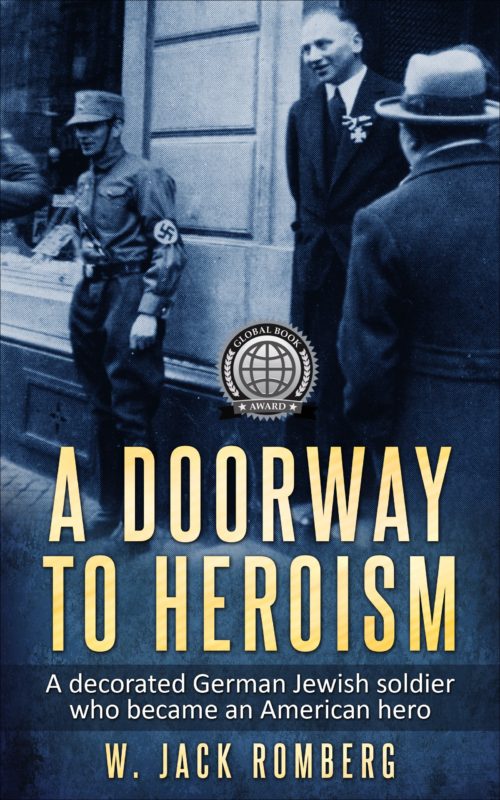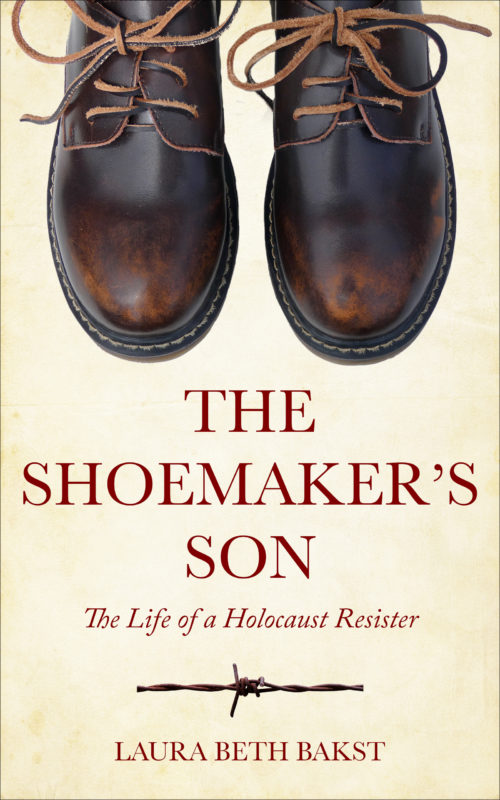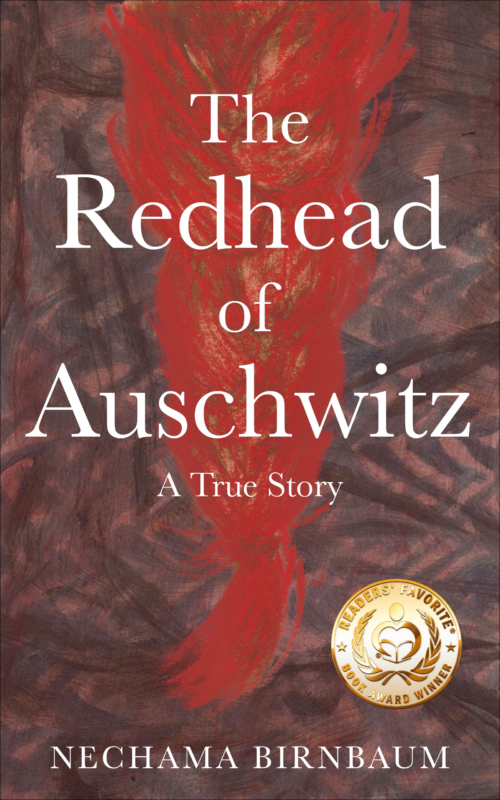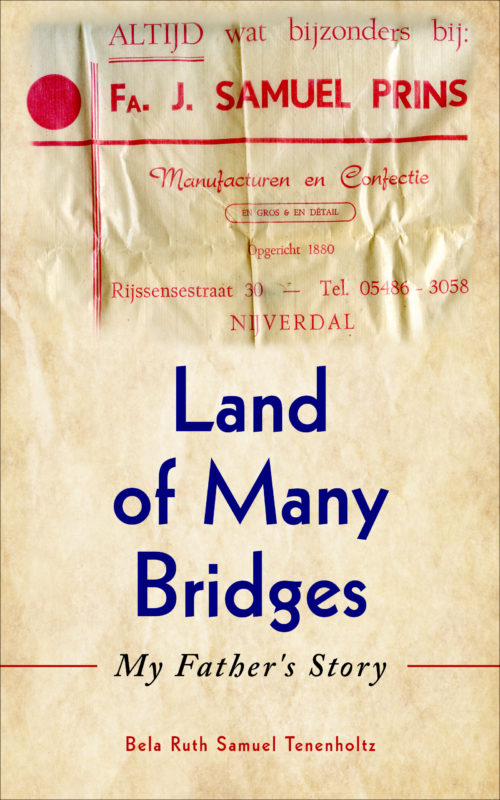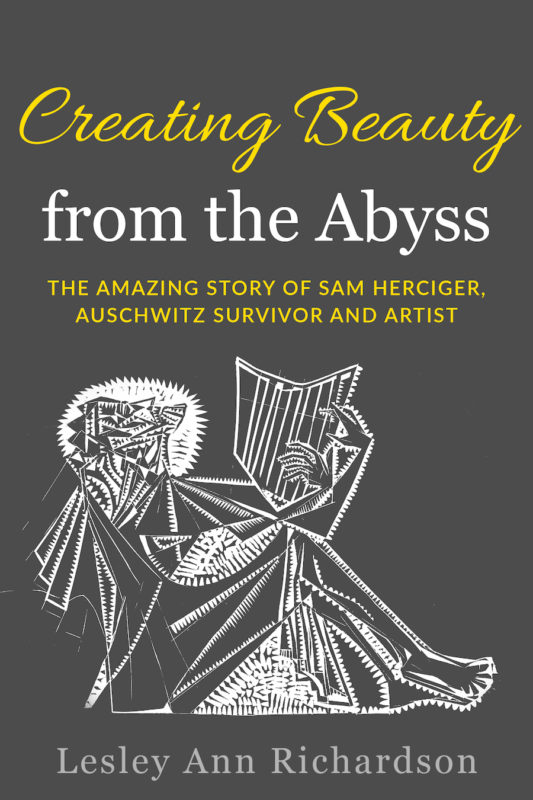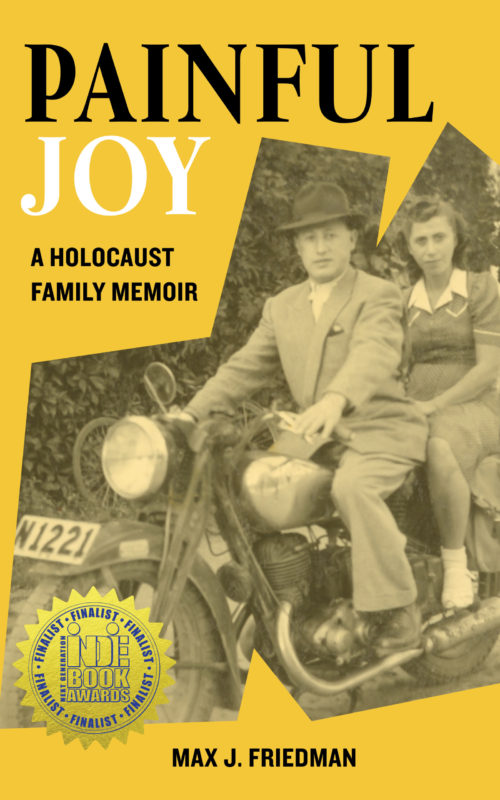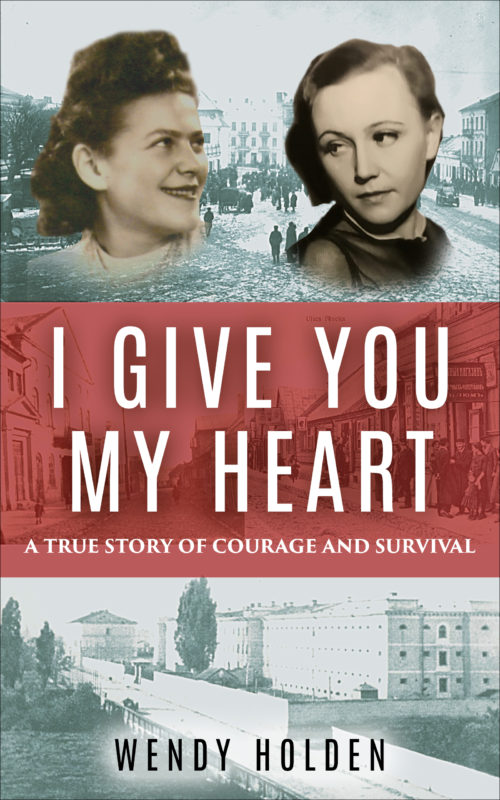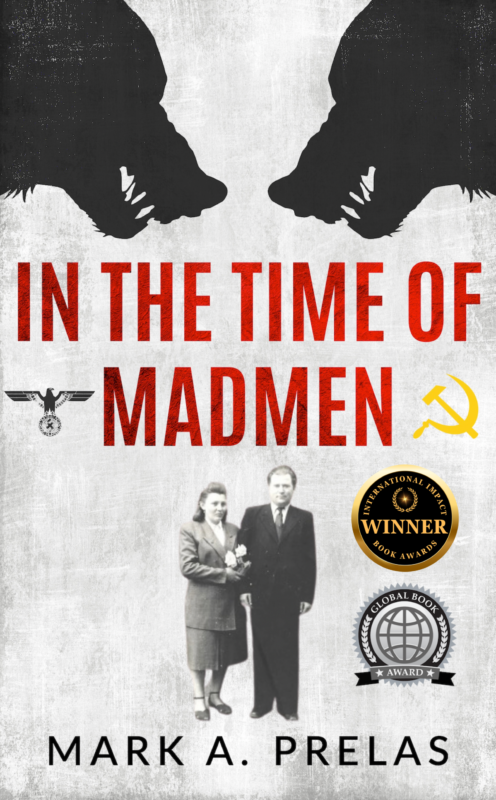Gelman documents not only her Jewish parents’ flight from the Nazis in occupied Poland, but also the terrible burden of their guilt as survivors.
Gelman enjoyed a happy childhood in Maracaibo, Venezuela, but also felt the absence of her extended family as a source of anguish—most of her Jewish family in Poland died at the hands of the Nazis during World War II. The catastrophe of her family’s experience during the war hung over her like a “gray shadow” and eventually sharpened into an acute anxiety when she took a school trip to Germany. In 2000, she accompanied her mother, Alexandra, back to her hometown, Włodawa, an emotional excursion that helped her come to grips with the trauma her family suffered. With a combination of journalistic precision and aching emotional candor, the author tells two parallel tales that eventually dovetail: the lives of her parents before and after the war. Both Hil Grunhaus Beckerman and Alexandra Lederman Beckerman were born and raised in Włodawa and grew up within observant Jewish families. Both also spent their childhoods confronted by the harsh realities of antisemitism, which existed in Poland long before Hitler’s thugs arrived. Gelman’s mother observed: “Perhaps at home they heard contemptuous talk about Jews. I do not understand why antisemitism was so deep-rooted. You perceived it every day. However, we had to survive, and that was not easy, so we did not focus on it.” Under Nazi occupation, their lives became unbearable—their deprivations multiplied, all of it sanctioned by brutal laws. Eventually, both Hil and Alexandra were able to obtain false identification papers and proceeded to flee to Warsaw, where they hid out in separate households. Once the war finally concluded, they still had the perilous challenge of being Polish refugees and would finally begin a new life together in Venezuela.
Gelman’s account is wide-ranging and includes the backgrounds of both her parents’ families as well as the history of Włodawa, a place where Jews could possibly flourish but were also likely to live in fear of execution. Also, she astutely depicts the despair that so often accompanies survival, the terrible guilt when nearly everyone else one loves fails to elude death. The author’s research is rigorous—she paints a concise, detail-rich tableau of the world her parents escaped. Moreover, this is not merely a lugubrious lament—she also discusses the ways her parents found hope in their love. “They sought refuge in each other and made the decision to begin a new stage together. After several years of being robbed of their humanity, a glimmer of hope was now shining through. The possibility of leading a normal existence and starting a family was now open to them.” This is a moving remembrance, as historically edifying as it is dramatically affecting; it’s also a marvelous amalgam of scholarly objectivity and poignant psychological reflection.
A gripping work of familial history.
– Kirkus Reviews
